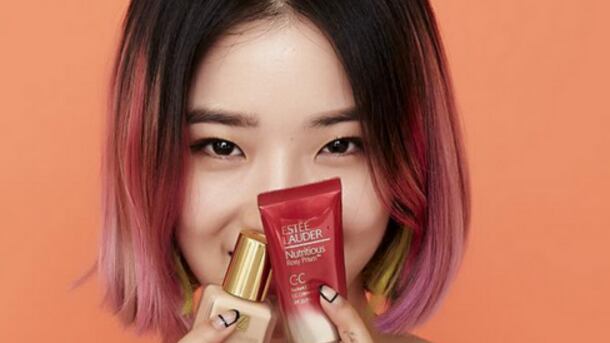The e-commerce law was approved by the 13th National People's Congress, and will be take effect from January 1 next year.
New law to protect IP
Under the new legislation, “e-commerce platform operators must establish rules to protect intellectual property rights”. Before, only individual merchants responsible are held liable when caught distributing fake goods.
The law also requires online operators to act promptly when alerted to the presence of counterfeit products on their platform.
Failure to take the necessary measures in a swift manner would lead to a fine between 50,000yuan ($7,290) and 500,000yuan ($72,900). In more serious cases, however, companies can be fined up to 2m yuan ($291,640).
The law highlights that it will apply to non-traditional shopping channels like social networking platforms as well. Meaning that platforms like WeChat, which is also used to sell products, will be liable just like Alibaba or JD.
In an online statement, the Chinese government said that the new legislation “plays an important role in developing and satisfying the people's growing needs for a better life and building an open economy.”
Counterfeit concerns
China has long held a reputation of being the epicentre of fake goods, and their e-commerce platforms have been a focus of IP issues.
Earlier this year, Alibaba made the US’s blacklist for the second year in the row for concerns over fake goods even though the company has been making a commitment to purging the platform of illicit products.
In 2017, the company revealed it seized $700m worth of fake products and stabled an anti-counterfeiting alliance (AACA), which has tripled in size since its inception at the start of 2017.
The AACA membership consists of over 100 global brands, including L’Oréal and Proctor & Gamble who work closely with Alibaba to fight against merchants who illegally distribute illicit goods.
JD.com, which prides itself for its pristine reputation of selling only authentic products has not been able to escape scrutiny either. In March this year, it was accused of selling cheap knockoffs by a Chinese celebrity novelist, which the company fervently denied. It turned out to be a misunderstanding with the merchant, which sent out the wrong product.
“If any JD merchants are found to sell fake products, they are punished heavily and their stores closed immediately. Our quality control team does random spot checks and works with third-party quality supervision organisations to give both customers and brand owners peace of mind,” JD told Cosmetics Design Asia.
Fake goods are not just found on traditional e-commerce platforms.
Recently, Chinese video bloggers have found a way to make the process of making fake cosmetics a form of entertainment. These short videos, which attract hundreds of thousands of views, show these vloggers making cosmetics from scratch and packaging them as products from Giorgio Armani, Dior, MAC and more.
Available for purchase directly from the vlogger, these homemade makeup is marketed as safe, sometimes natural cosmetics, which viewers don’t have to pay exorbitant amounts for branding.
Trust from global brands
Both Alibaba and JD.com, the two biggest names in the e-commerce space have expanded into the luxury sector by partnering with heritage brands such as Tiffany & Co, Chopard, Gucci, and Saint Laurent, signalling trust they have from global players in the luxury market.
Cosmetic and personal care companies such as L’Oreal, Estee Lauder Cos and Unilever all enjoy successful partnerships on Chinese e-commerce platforms. When MAC cosmetics launched its flagship on Tmall, it broke the record to become the largest beauty launch the platform has ever had.
JD shares that they are working with suppliers on pioneering blockchain traceability programs to add an extra layer of assurance for consumers. “We believe more accountability and transparency throughout the industry will make society better. JD’s customers have to be able to trust that when they shop on our platforms, so they can be sure that they are getting what they pay for.”





